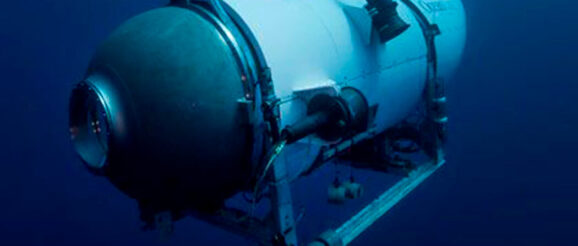Opinion | This Myth About Innovation May Have Doomed OceanGate’s Titan Submersible – The New York Times

Aluminaut was not a success; the parties involved in its development could not agree on terms and parted ways. But a different submersible, Alvin, did succeed. In 1962, Woods Hole put out a call for bids for a titanium-hulled submersible; the winner was the electronics division of General Mills. Mostly known as a cereal maker, General Mills was in fact a highly innovative company. Among its developments was the black box flight data recorder in partnership with the University of Minnesota.
The contract called for Alvin to be built in less than a year so that it could be used in the scheduled installation of a new underwater listening system in Bermuda, but a scientific advisory committee warned about the risks of rushing: “While the delivery date is important for accomplishment of a particular mission, failure to meet the time requirement will not prejudice the general usefulness of the vehicle.”
The committee was right. General Mills missed the deadline for the Bermuda project, but Alvin went on to play leading roles in the agonizing effort in 1966 to recover a lost H-bomb from the Mediterranean Sea and the scientific discovery of complex biological communities at deep-sea hydrothermal vents. While Alvin has endured various accidents and incidents over its long career, no one has ever died in it.
Like the internet, submersible technology was commercialized in the private sector, but it was the government, not the private sector, that took the initial risks. The key participants were not “disrupters” — they were seasoned professionals working inside established institutions, including the industrial giants Reynolds Metals and General Mills, and the giant government bureaucracy that was the U.S. Navy Bureau of Ships, now called the Naval Sea Systems Command.
Critics may argue that regulations have of late become more cumbersome, which may be true. But the history of submersibles proves that innovation can develop in many contexts and without putting lives at risk. And the loss of the Titan proves that even in a mature industry, you still need regulation. Regulation may slow things down, but it also saves lives. Sometimes slowing down is a good thing.
Naomi Oreskes is a professor of the history of science at Harvard and the author of numerous books, including “Science on a Mission: How Military Funding Shaped What We Do and Don’t Know About the Ocean” and “The Big Myth: How American Business Taught Us to Loathe Government and Love the Free Market.” She is also a visiting fellow at the Berggruen Institute in Los Angeles.
